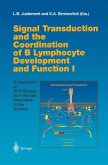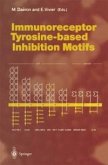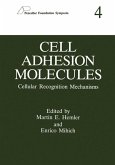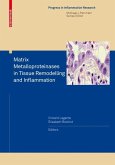Dieser Download kann aus rechtlichen Gründen nur mit Rechnungsadresse in A, B, BG, CY, CZ, D, DK, EW, E, FIN, F, GR, HR, H, IRL, I, LT, L, LR, M, NL, PL, P, R, S, SLO, SK ausgeliefert werden.
Hinweis: Dieser Artikel kann nur an eine deutsche Lieferadresse ausgeliefert werden.
"The book consists of seven chapters that focus on the various functions of PtdIns. ... summarises recent advances in the burgeoning field of inositol lipids and provides a snapshot of where the field stands in 2003. The field is moving rapidly but this volume will be a useful addition for many researchers who have only recently discovered that their favourite protein is regulated by PtdIns." (Shamshad Cockcroft, nature cell biology, Vol. 6 (6), June, 2004)









